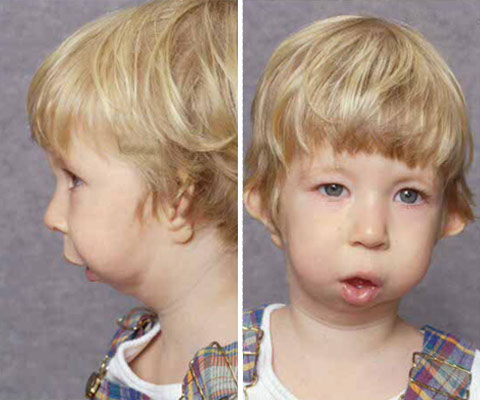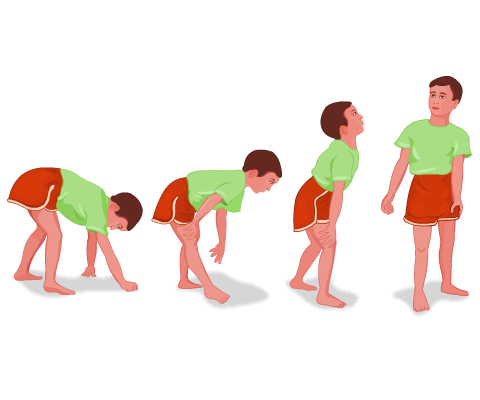Development and Behaviour Module for General Practitioners


Development and Behaviour Child development in the first five years of life is a critical time for any family. These sessions review early child development and provide you with guidance when dealing with challenges around feeding, sleeping and toileting as well as common emotional and behavioural problems.
------
eIntegrity programmes are developed by NHS Health Education England’s e-Learning for Healthcare programme (HEE e-LfH).
The programmes are high quality self-directed learning programmes. They are designed to support training and CPD and are excellent resources alongside other traditional teaching methodologies. They have been developed by the UK NHS for use in the NHS. However, many of the programmes have international relevance, particularly the specialty training programmes which are often mapped to UK specialty training curricula.
------
- Care of People with Musculoskeletal Problems Modul...
- Posted By eIntegrity Healthcare e-Learning
- Posted Date: 2024-04-25
- Location:Online
- This e-learning module covers the knowledge and skills needed to be a competent, caring General Prac...
- Care of People with Metabolic Problems: Endocrine ...
- Posted By eIntegrity Healthcare e-Learning
- Posted Date: 2024-04-25
- Location:Online
- This e-learning module covers the knowledge and skills needed to be a competent, caring General Prac...
- Care of People with Metabolic Problems: Diabetes M...
- Posted By eIntegrity Healthcare e-Learning
- Posted Date: 2024-04-25
- Location:Online
- This e-learning module covers the knowledge and skills needed to be a competent, caring General Prac...
- Care of People with Eye Problems Module for GPs
- Posted By eIntegrity Healthcare e-Learning
- Posted Date: 2024-04-25
- Location:Online
- This e-learning module covers the knowledge and skills needed to be a competent, caring General Prac...
- Care of People with ENT, Oral and Facial Problems ...
- Posted By eIntegrity Healthcare e-Learning
- Posted Date: 2024-04-25
- Location:Online
- This e-learning module covers the knowledge and skills needed to be a competent, caring General Prac...









